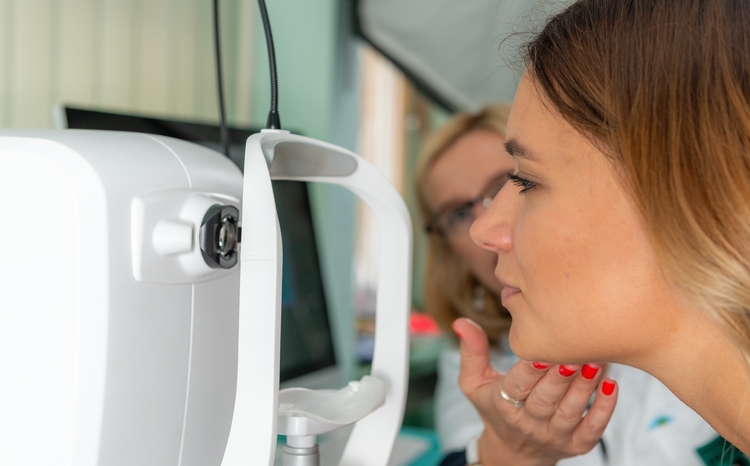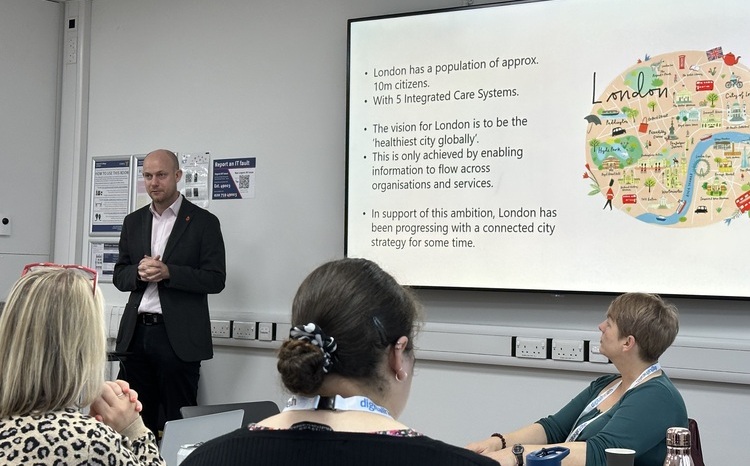Birmingham PCT to extend telecare to 27,000
- 18 December 2007
A PCT plans to expand its telephone-based care management programme, from 2000 to 27,000 patients, following the results from the first year.
Birmingham East and North PCT together with NHS Direct and Pfizer Health Solutions launched Birmingham OwnHealth, a nurse-led telephone care management programme, in April 2006.
The innovative service is designed to provide telephone support to patients suffering from long term conditions (LTCs) in areas with health inequalities and deprivation with the aim of improving self care strategies and ultimately making an impact on clinical indicators and health service use.
The report on the first year, ‘Birmingham OwnHealth: successes and learning from the first year’, found that those who took part in the survey:
• had improved cholesterol, blood glucose and blood pressure;
• had improved concordance with their medication regimens;
• showed changes in their diet, exercise and smoking habits;
• felt more confident in their ability to self manage their condition.
Andrew Donald, director of redesign and commissioning at the PCT, said the results from the first year had exceeded expectations.
He told EHI Primary Care: “We intuitively felt the results were going to be good but the outcomes because of their statistical significance are pretty stunning.
Donald said the PCT will have about 2,000 patients on the scheme by Christmas and plans to extend the service to 11,000 patients by March 2009 and to 27,000 patients by 2012.
The PCT will also extend the type of patients covered by the programme to include those needing less intervention who will be offered a ‘light touch’ telephone support service and those with more complex care needs will be offered telephone support, plus telecare and telehealth services.
The report on the first year looks at results from the 1108 patients with diabetes, heart failure and coronary heart disease who were enrolled between the beginning of April 2006 and the end of April 2007. The evaluation looked at patients’ ‘stage of change’ on a series of reported behaviours as well as measuring clinical indicators and running a satisfaction survey.
Care managers telephoned people an average of once every four weeks, with calls lasting about 15 minutes. The intervention was of medium intensity, preventive in nature and designed for people who were not at high risk of crisis or hospital admission. Participants ranged from 18 to 98 years, with an average age of 66.
After eights months 66% were making or maintaining a change in their physical activity compared to 36% at the start, on diet 70% were at the required stage of change compared to 41% at the start and on smoking 6% of partricpants were making or maintaining a change compared to 37% after eight months. Data on clinical indicators showed that HbA1c in people with diabetes had fallen from 8.2 to 7.7, total cholesterol from 4.7 to 4.3 and systolic blood pressure from 140.6 to 134.7.
The study also asked the 435 people who enrolled in April and May 2006 and were still enrolled by November 2007 to report how many times they had visited GPs, consultants, A&E departments and been admitted to hospital. It found that when comparing the utilisation rate 12-18 months after enrolment with 0-6 months after enrolment, there was a 48% reduction in hospital admissions, a 53% reduction in A&E visits, a 32% reduction in GP visits and 12% reduction in specialist visits.
Donald said the PCT was clear that the changes could not be solely attributed to Birmingham OwnHealth but were one element in wider service and system developments. He said the trust had also appointed Birmigham University to carry out an independent evaluation as the service developed.
The report recommends that the service could be further developed by improving GP engagement and involvement, providing opportunities for service users to meet care managers, continuing to develop the OwnHealth software system and extending the accessibility by providing an expanded multilingual service. It says collecting validated data about people’s use of hospital and GP services will also be an issue for ongoing evaluation.
Related articles
Birmingham ‘ownhealth’ project begins




